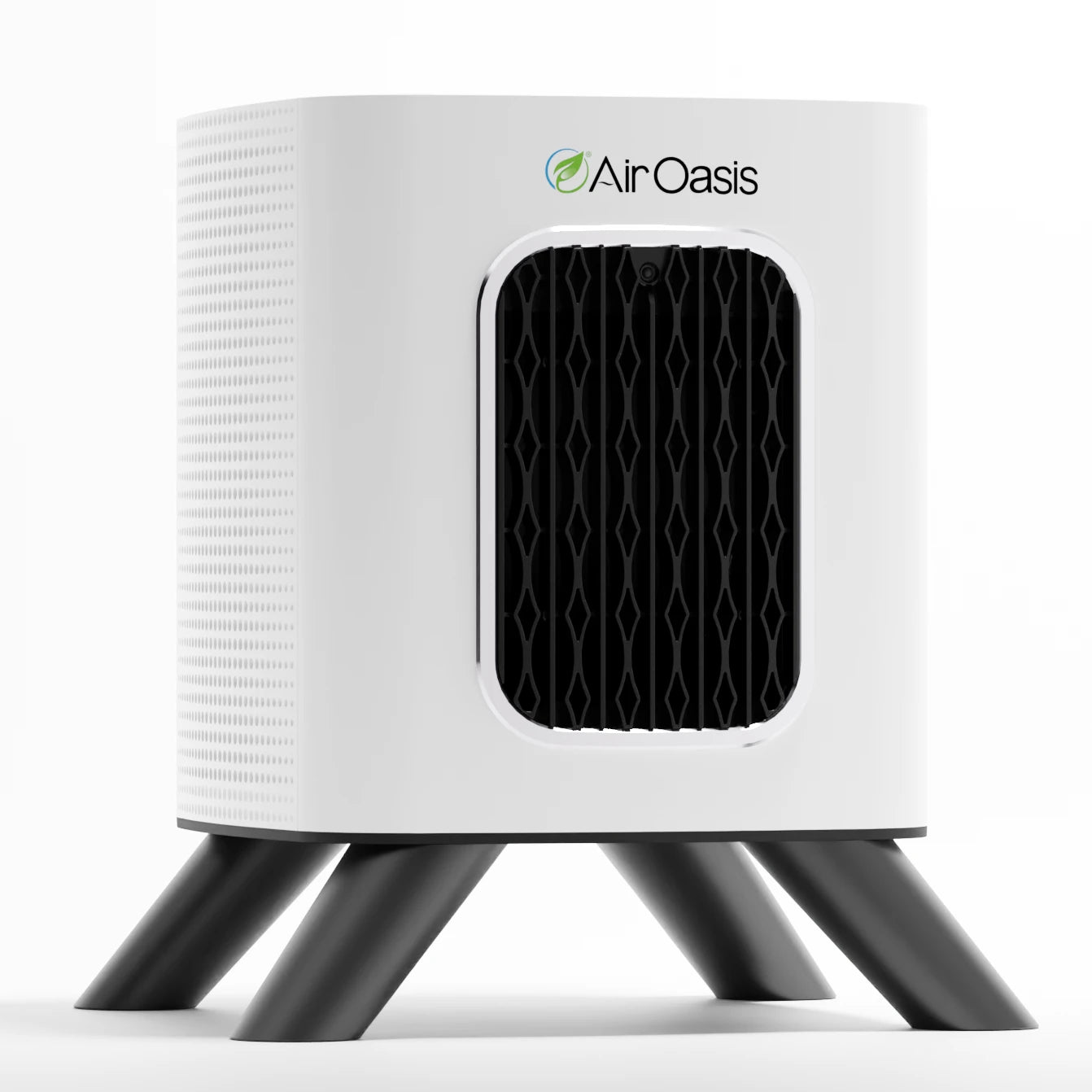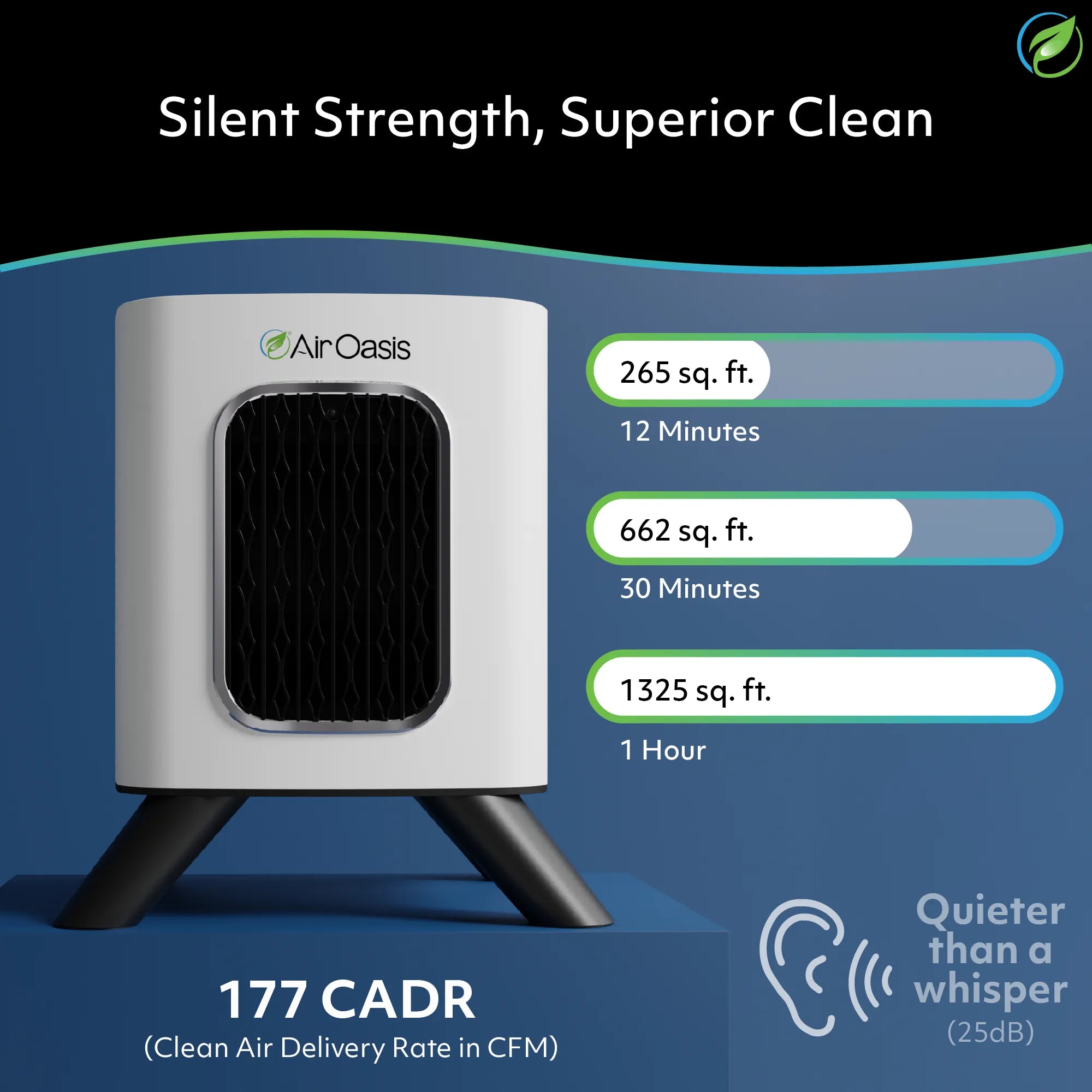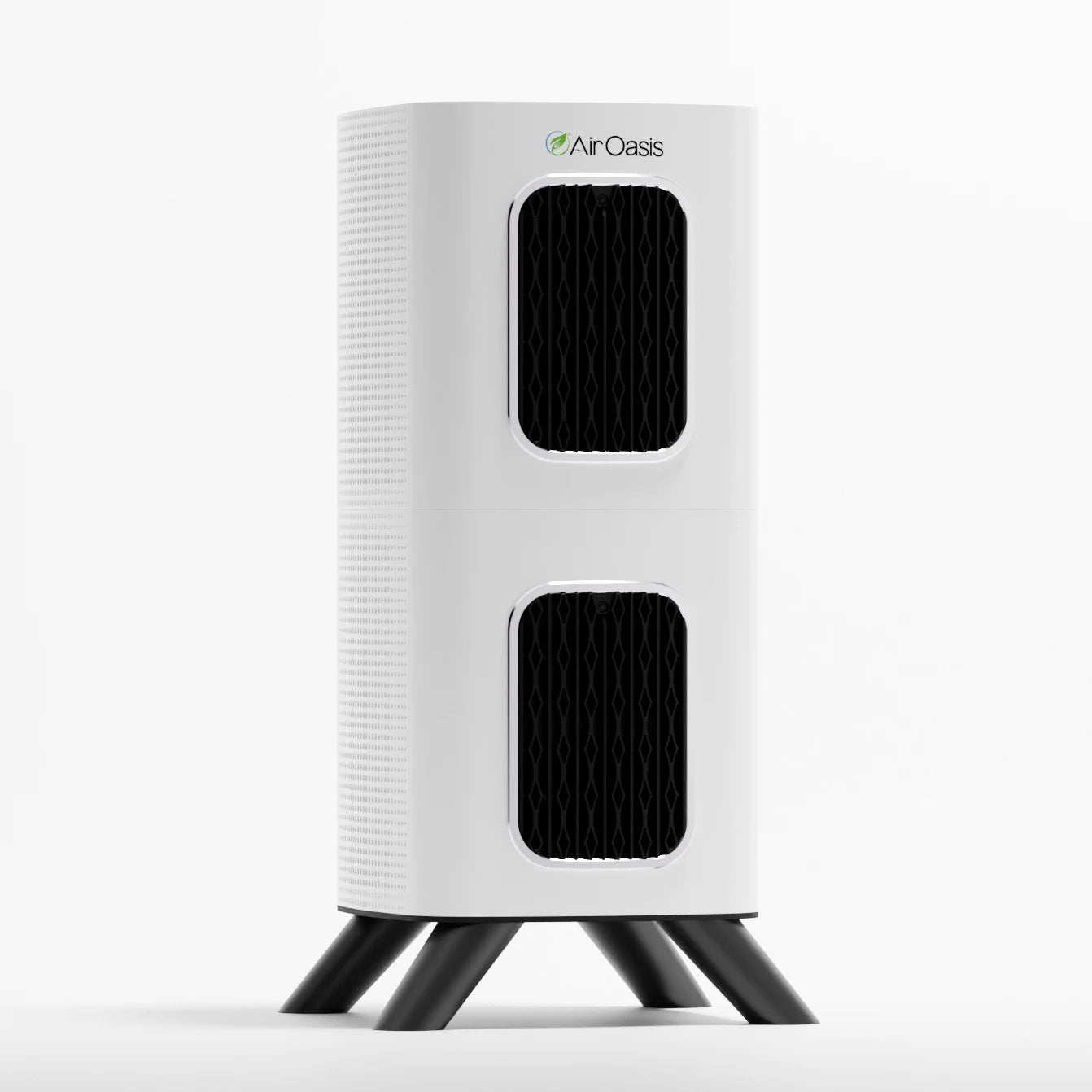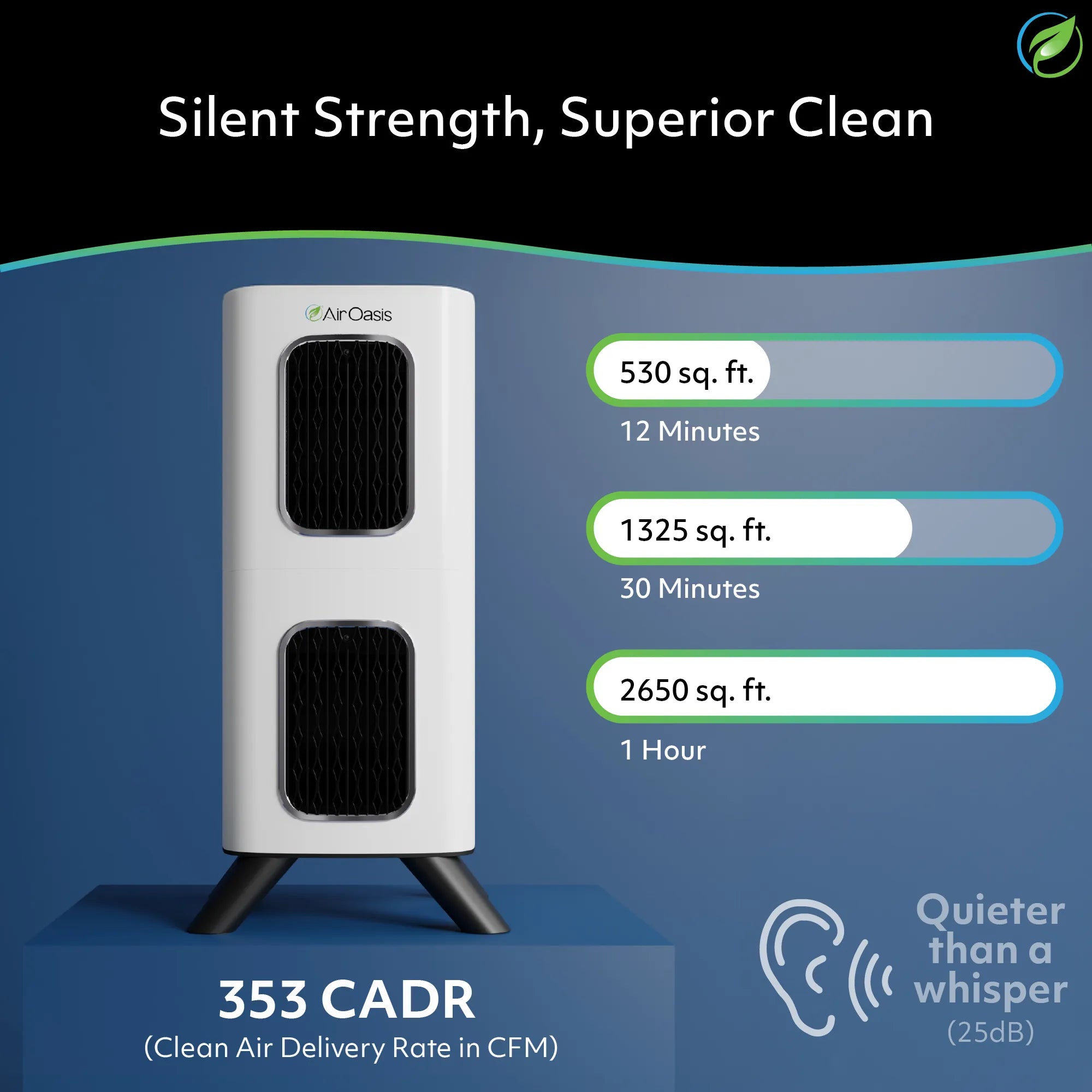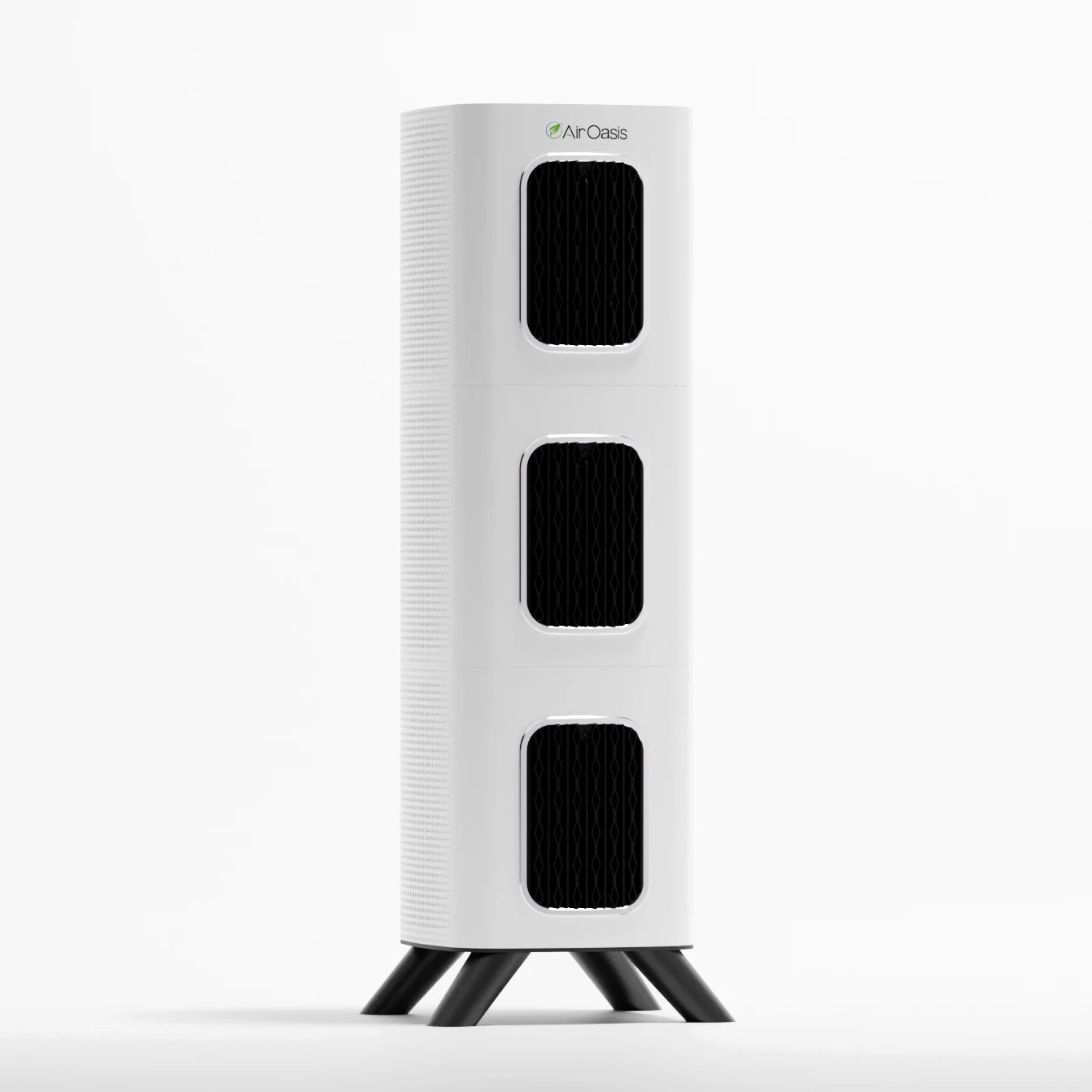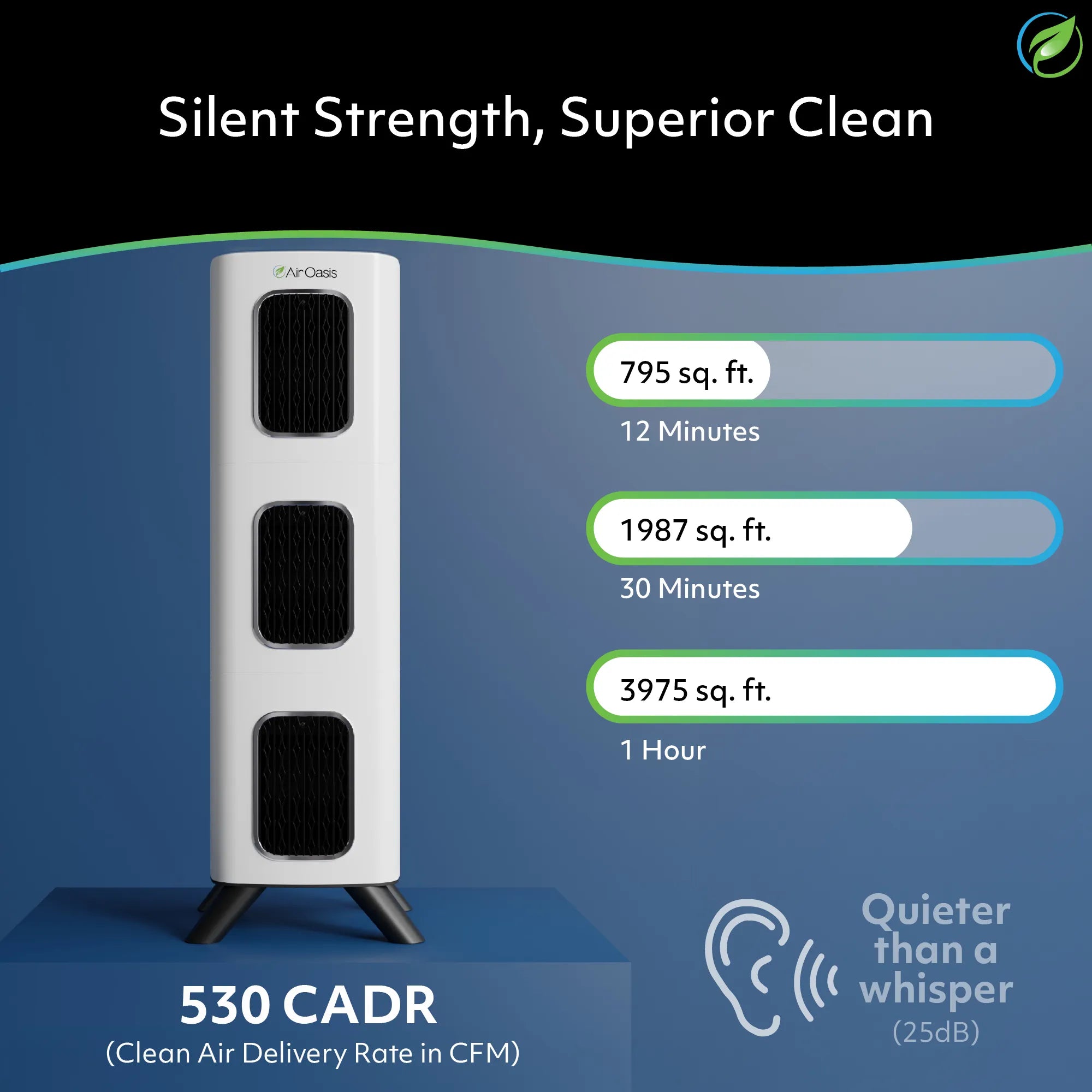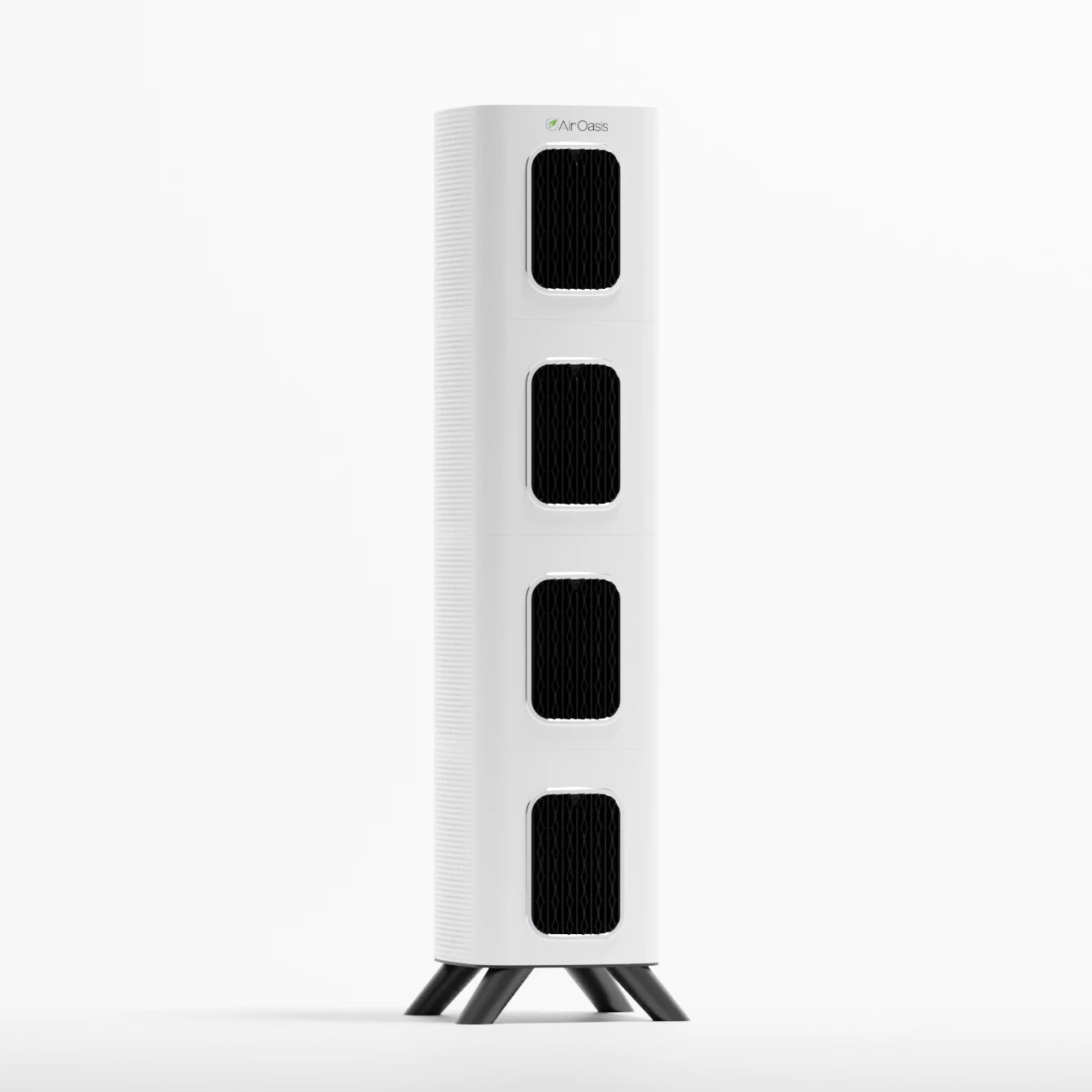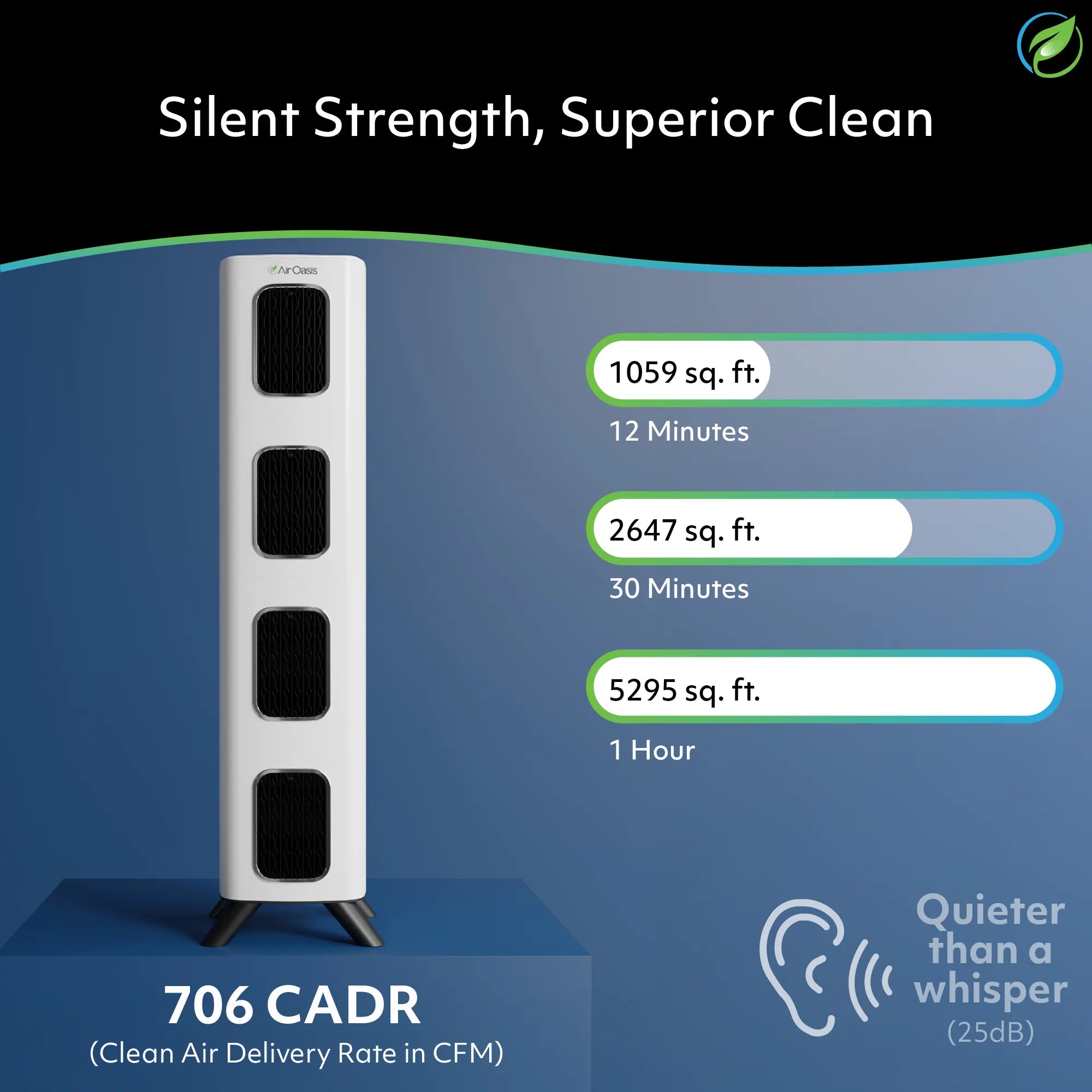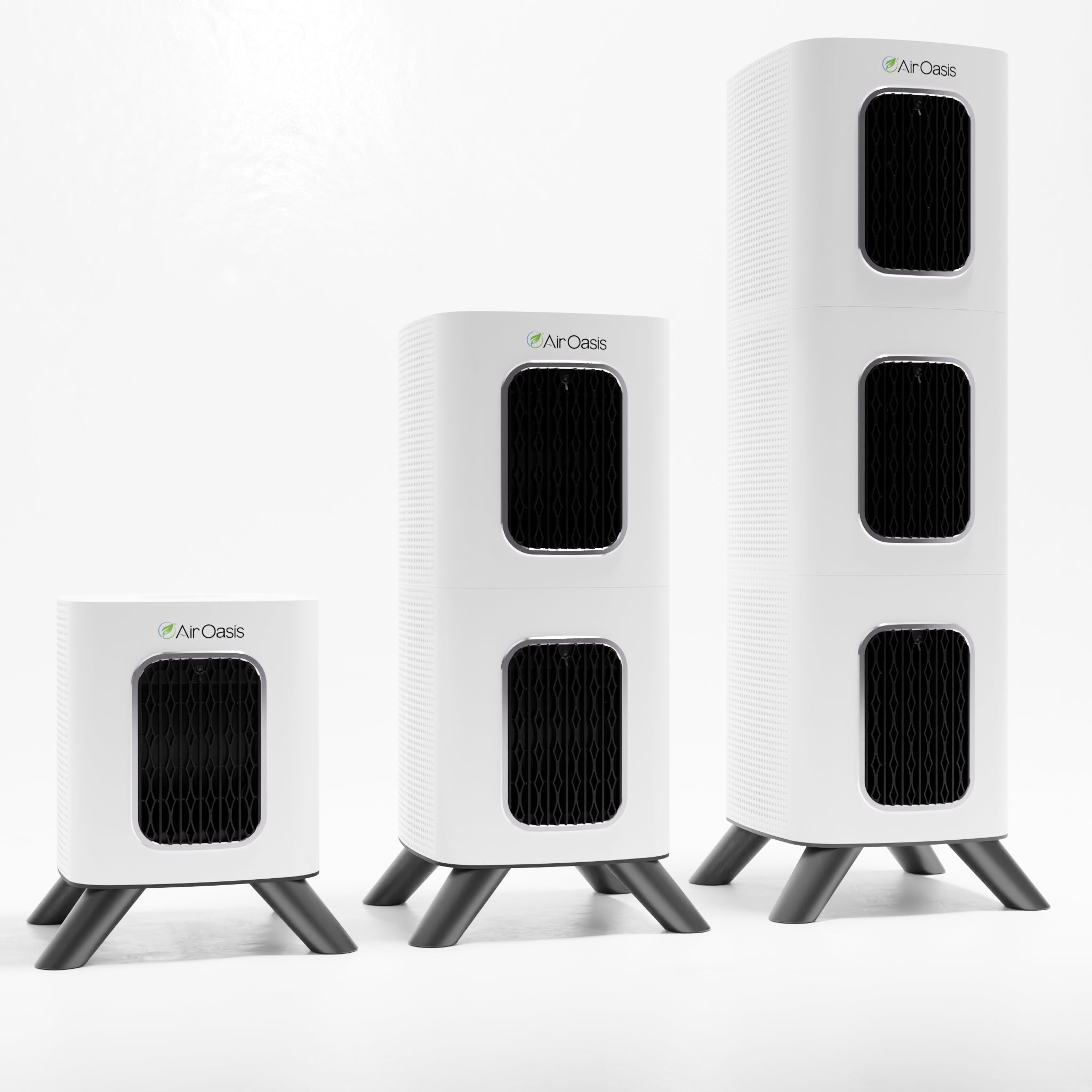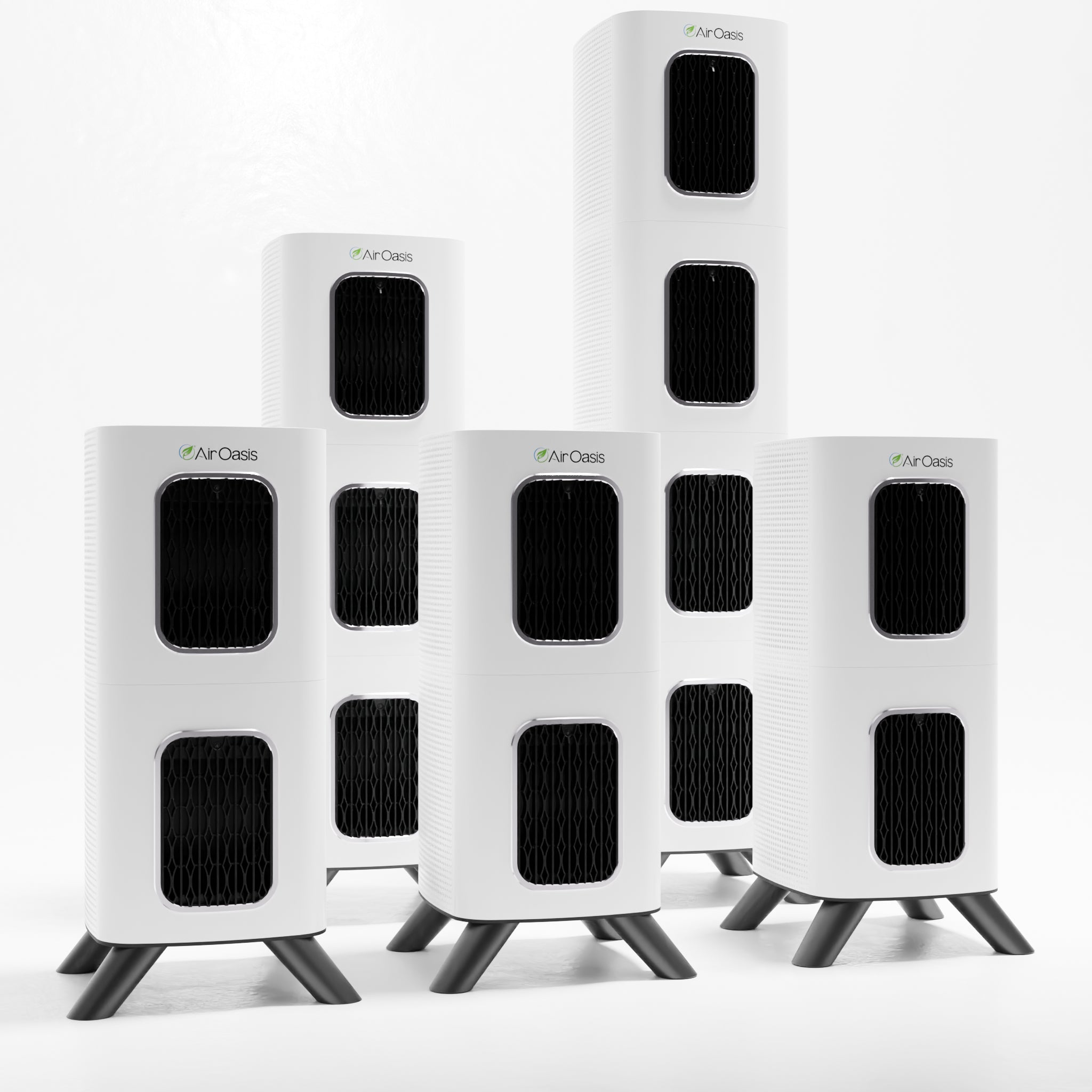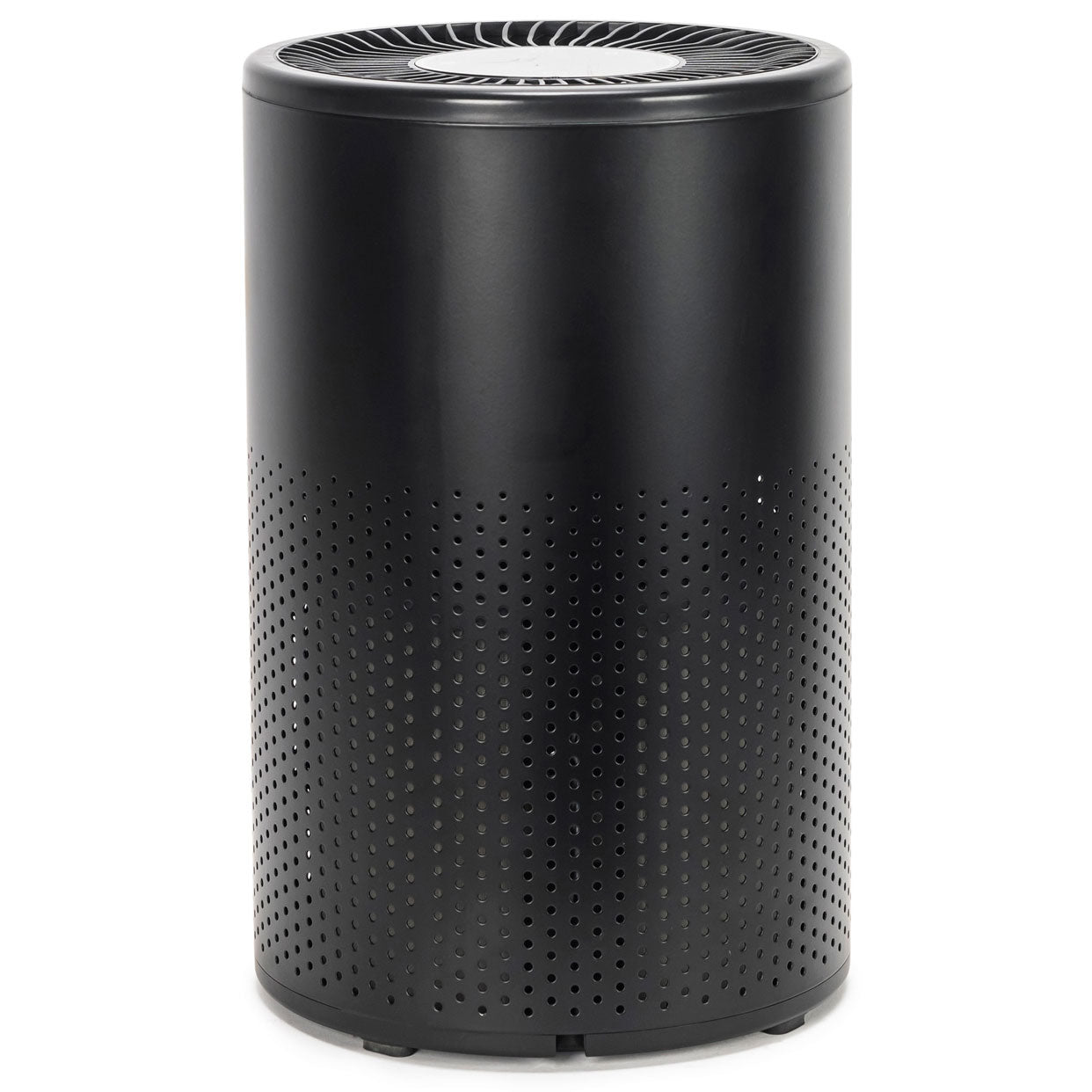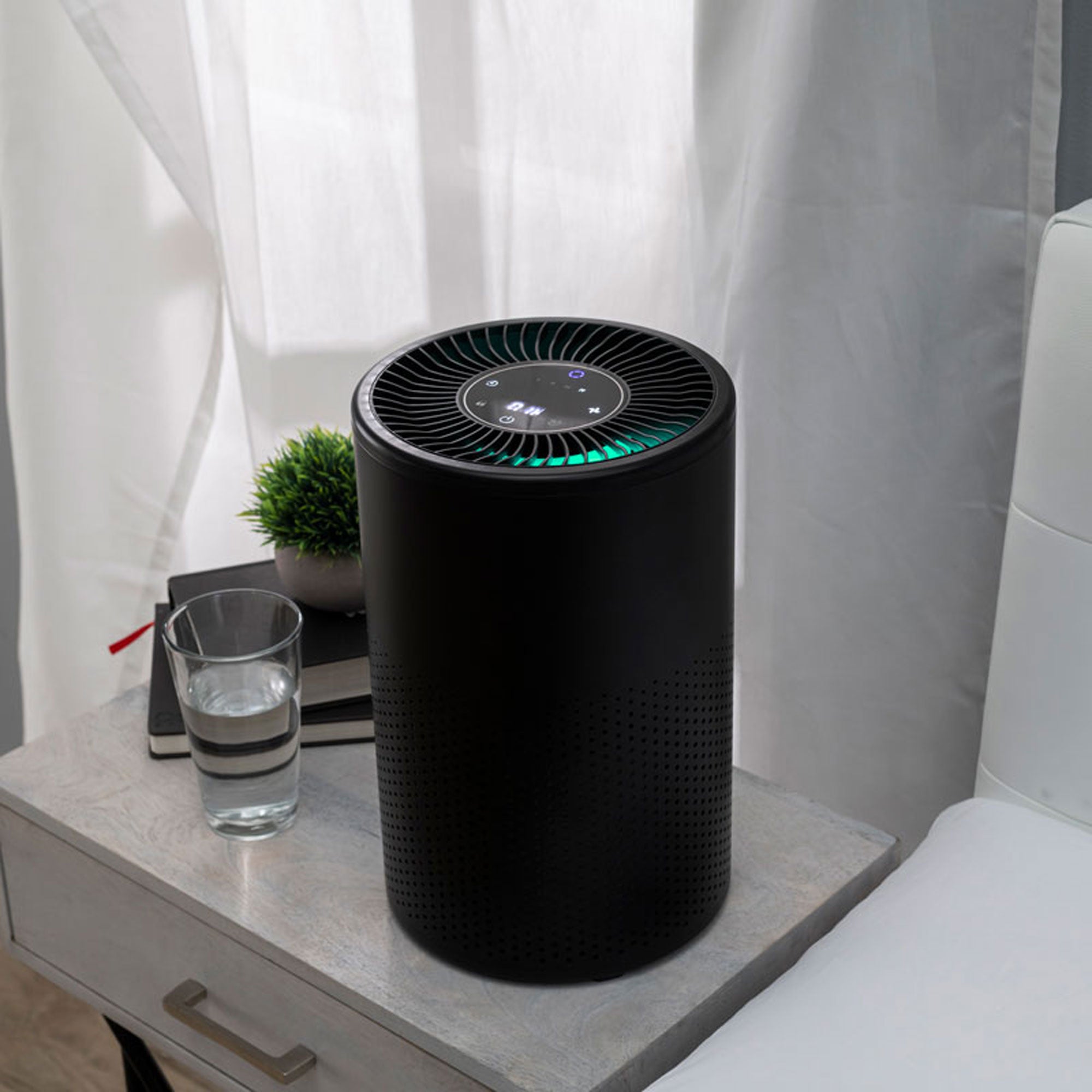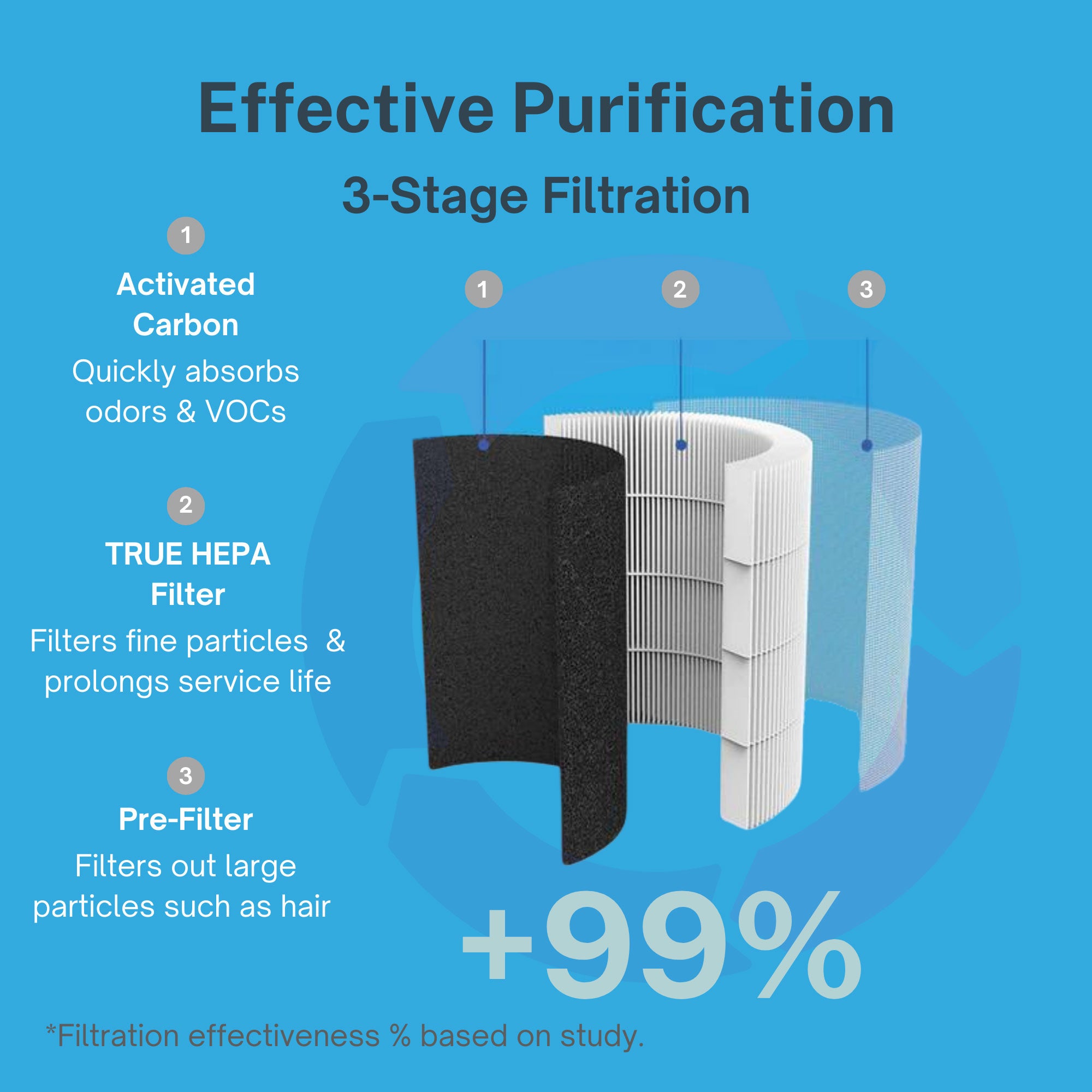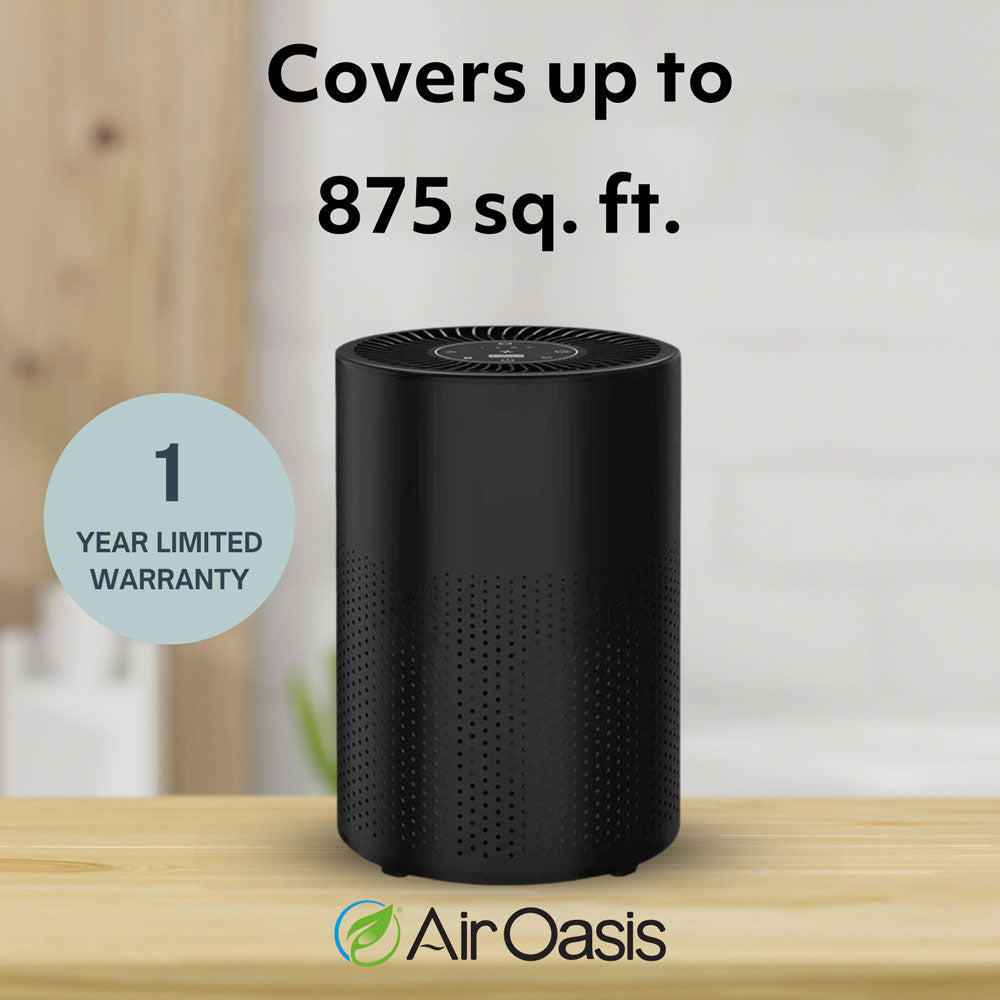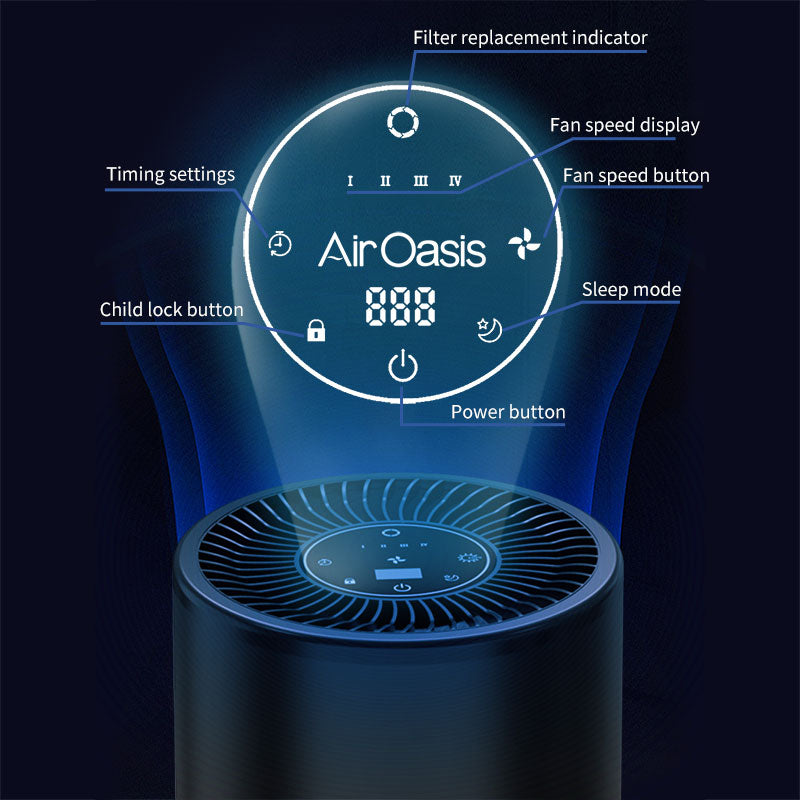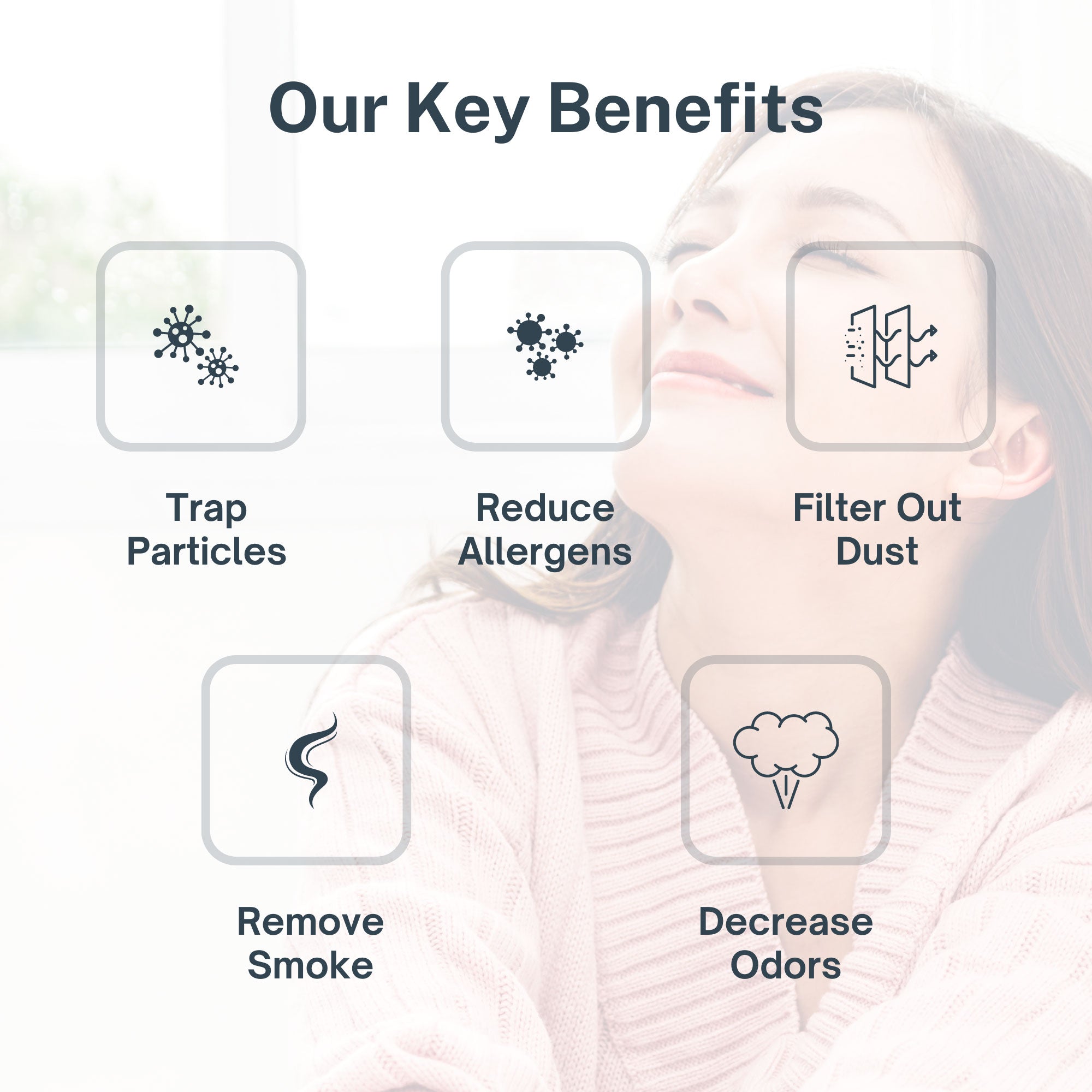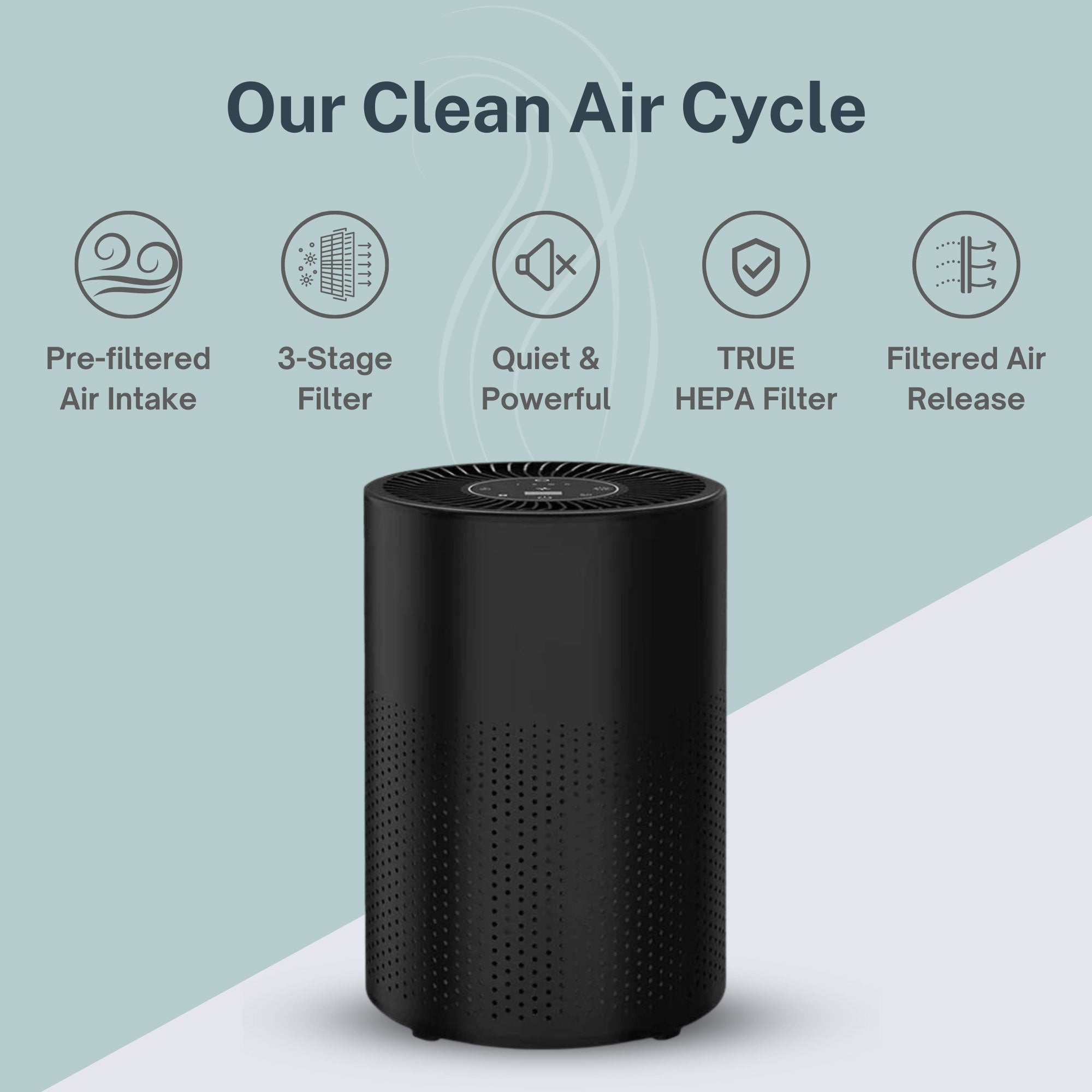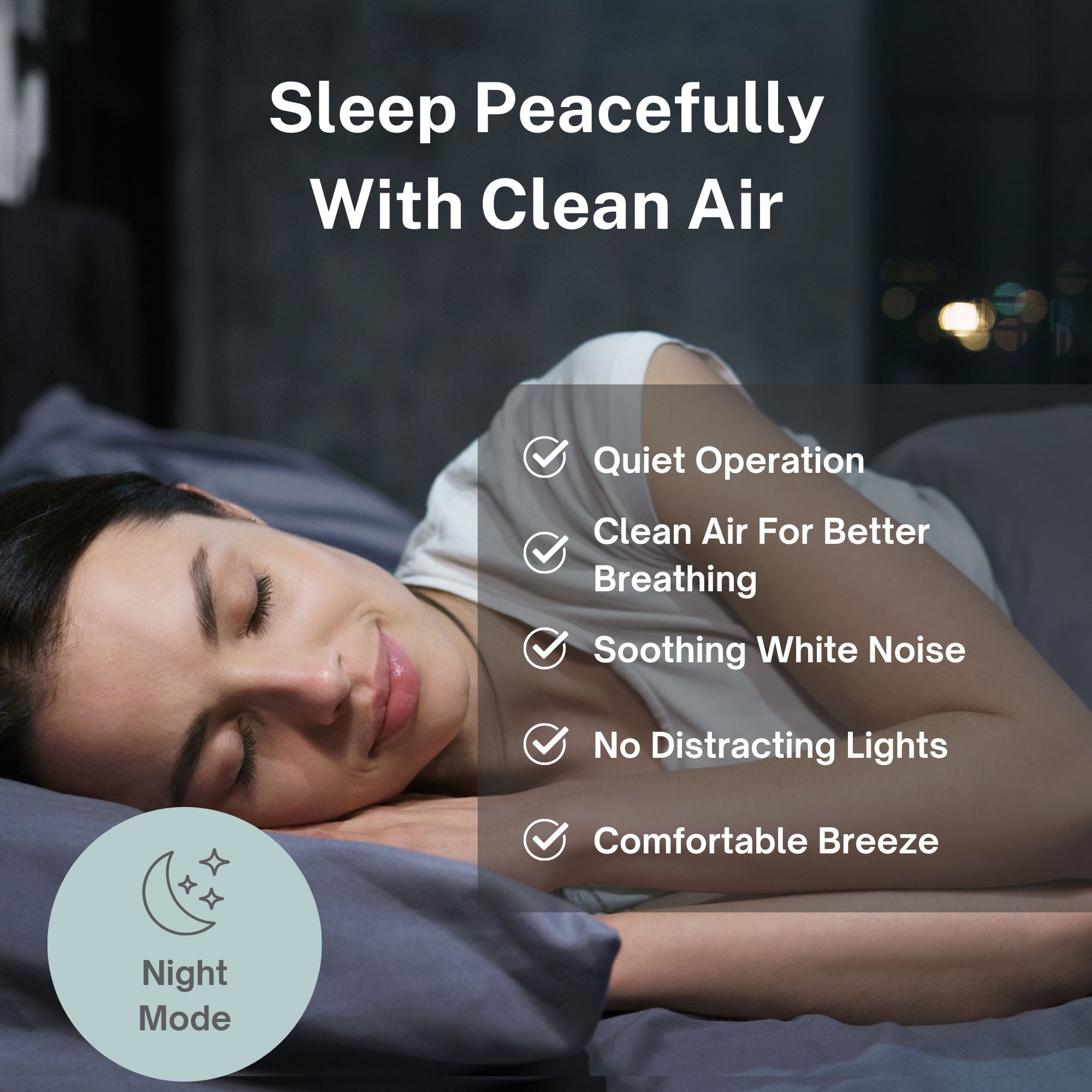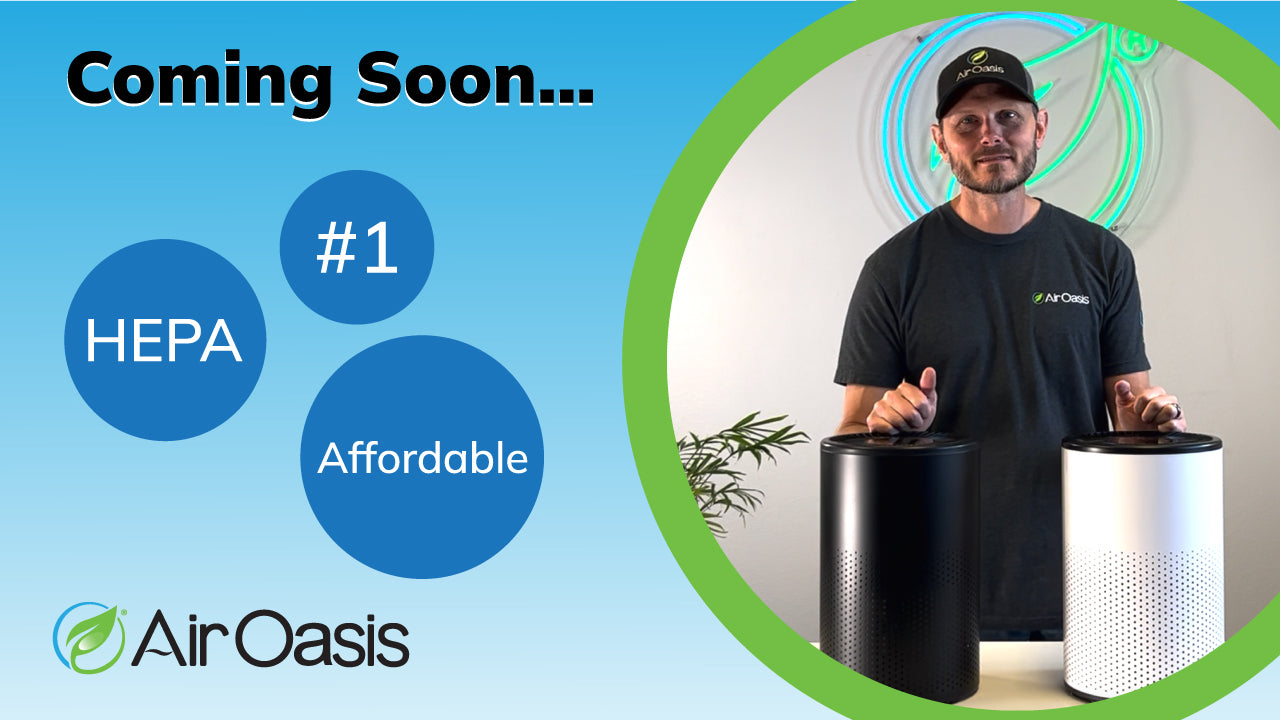Breathing polluted air damages your cognitive function faster than previously thought, with measurable declines in mental performance appearing just four hours after exposure to elevated particulate matter levels. Groundbreaking 2025 research published in Nature Communications demonstrates that short-term air pollution exposure significantly impairs selective attention and emotion recognition abilities in healthy adults, revealing immediate neurological effects that occur through lung-to-brain pathways rather than direct nasal inhalation routes.
This discovery fundamentally changes our understanding of air pollution's timeline for brain effects, showing that cognitive damage begins within hours rather than requiring months or years of cumulative exposure to manifest measurable neurological harm.
The Four-Hour Cognitive Decline Window
University of Birmingham researchers exposed 26 healthy adults to controlled particulate matter pollution equivalent to urban air quality levels and found significant cognitive impairments exactly four hours later. Participants showed measurable declines in selective attention - the ability to focus on relevant information while filtering out distractions - and emotion expression discrimination, which affects social interactions and empathy responses.
The study used candle burning to create PM2.5 concentrations averaging 28.54 μg/m³, levels commonly experienced in urban environments that exceed current 15 μg/m³ for 24-hour exposure. These realistic pollution levels triggered inflammatory responses that compromised executive brain functions essential for daily tasks like decision-making, multitasking, and social interactions.
Participants remained unaware of their exposure conditions, eliminating psychological bias as a factor in cognitive decline. The precise four-hour delay suggests that air pollution triggers systemic inflammation in the lungs that subsequently affects brain function through biological mechanisms rather than immediate sensory effects.
Lung-to-Brain Pathway: How Pollution Reaches Your Mind
The research resolved a critical scientific question about how airborne pollutants affect cognitive function by testing whether pollution enters the brain through nasal olfactory pathways or lung-based circulation. Participants exposed to identical pollution levels through nose clips that blocked nasal inhalation showed similar cognitive declines, proving that lung absorption drives brain effects rather than direct particle transport through smell receptors.
This finding indicates that ultrafine particles and inflammatory compounds generated in lung tissue travel through the bloodstream to affect brain regions controlling attention and emotional processing. The Air Oasis iAdaptAir systems address this lung-based pathway through comprehensive HEPA filtration that removes PM2.5 particles before they can reach respiratory tissue and trigger systemic inflammatory responses.
The lung-to-brain mechanism means that any breathing of contaminated air - whether through nose or mouth - can compromise cognitive function within hours. This understanding emphasizes that indoor air purification provides critical protection by preventing pollutants from entering the respiratory system where they initiate the inflammatory cascade leading to brain dysfunction.
Specific Cognitive Functions Under Attack
Air pollution selectively targets higher-order thinking skills while leaving basic motor functions intact, revealing that pollutants specifically damage executive brain regions responsible for complex mental processes. Selective attention, which enables focus during distracting environments like busy offices or noisy restaurants, declined significantly after pollution exposure, making routine tasks more mentally demanding and error-prone.
Emotion expression discrimination - the ability to accurately read facial expressions and interpret others' emotional states - also suffered measurable impairment. This cognitive decline affects social interactions, workplace communication, and relationship quality by reducing empathy responses and emotional intelligence that facilitate successful interpersonal connections.
Importantly, working memory, psychomotor speed, and sustained attention remained unaffected by short-term pollution exposure, indicating that air quality primarily impacts executive functions rather than causing global cognitive decline. This selective vulnerability suggests that specific brain regions controlling attention and social cognition are particularly sensitive to inflammatory damage from air pollution.
The Inflammation Connection: Your Body's Harmful Response
The four-hour delay between exposure and cognitive decline aligns with established inflammatory response timelines, confirming that air pollution damages brain function through immune system activation rather than direct particle toxicity. When PM2.5 particles reach lung tissue, they trigger inflammatory cascades that release cytokines, oxidative stress markers, and other immune mediators into systemic circulation.
These inflammatory compounds cross the blood-brain barrier and affect neurons in prefrontal cortical regions responsible for executive function, attention control, and emotional processing. The research parallels studies of vaccination-induced inflammation that show similar delayed cognitive effects, supporting the inflammatory mechanism hypothesis for pollution-related brain dysfunction.
The Air Oasis multi-stage purification technology prevents this inflammatory cascade by capturing PM2.5 particles before inhalation, eliminating the initial trigger for immune system activation that leads to cognitive impairment. Advanced HEPA filtration combined with activated carbon and UV-C sterilization creates comprehensive protection against the particle sizes and compositions that drive neuroinflammation.
Real-World Implications: When Clean Air Becomes Critical
The research demonstrates that cognitive impairment occurs at pollution levels routinely experienced in urban environments, making this a widespread public health concern affecting millions of people daily. Office workers, students, parents, and professionals operating in polluted environments face measurable decreases in mental performance that impact productivity, decision-making quality, and social interactions.
The findings are particularly concerning for vulnerable populations including children whose developing brains may be more susceptible to pollution-induced cognitive effects, and older adults who may experience accelerated cognitive decline when air pollution compounds age-related neurological changes. Healthcare workers, teachers, and others whose jobs require sharp attention and emotional intelligence face occupational risks from poor indoor air quality.
During high pollution episodes like wildfire smoke events, traffic congestion periods, or industrial emissions, the research suggests that cognitive function declines predictably within four hours of exposure. This timeline enables proactive protection strategies through indoor air purification that maintains clean breathing environments regardless of outdoor air quality conditions.
Protecting Your Cognitive Performance Through Clean Air
Understanding air pollution's rapid cognitive effects empowers individuals to take immediate protective action through advanced indoor air purification that prevents inflammatory responses before they can damage brain function. Unlike long-term health effects that require sustained exposure reduction, cognitive protection provides immediate benefits through real-time particle removal.
The research validates indoor air cleaning as an evidence-based intervention for maintaining optimal mental performance, particularly during high pollution periods or in urban environments with consistently elevated particulate matter levels. Clean indoor air preserves the executive functions essential for complex work tasks, social interactions, and daily decision-making that define quality of life.
As outdoor air quality continues deteriorating in many regions due to climate change, urbanization, and industrial activity, proactive indoor air management becomes essential for protecting cognitive health and maintaining peak mental performance throughout life.
Think Clearly in a Polluted World
Air pollution attacks your brain's executive functions within hours of exposure, compromising the attention and emotional intelligence that enable success in work, relationships, and daily life. Don't let invisible particles compromise your cognitive performance and mental clarity. Shop Air Oasis today and protect your brain from pollution's immediate neurological effects through proven air purification technology.





